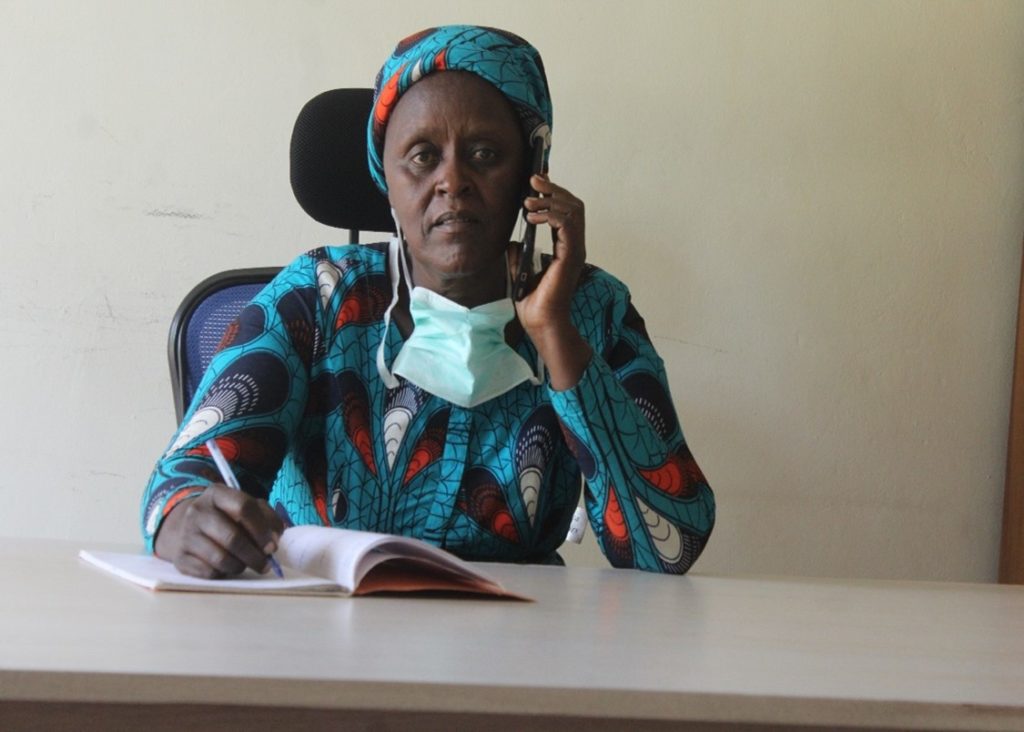
Continuing our series of articles from our Annual Report 2021/22, we outline here our work on our Counselling Extension Response Project (CERP II).
Survivors Fund (SURF) has developed and delivered an array of mental health projects to support survivors over the past 20 years. Some of our mental health work is delivered through conducting counselling groups across the country through our local partner organisations. Due to the start of the COVID-19 pandemic last year, survivors were not able to commemorate the loss of their loved ones during the annual commemoration period. Because of the government’s stay-at-home and COVID-19 prevention measures, it was not possible for anyone to hold events, conduct vigils or gather within their communities to remember loved ones.
Consequently, this exacerbated traumatic disorders among many survivors and required extending access to additional counselling services. Individual and group counselling activities were impossible to deliver during the lockdown. This led first to the COVID-19 Emergency Response Project (CERP), and now to the Counselling Extension Response Project (CERP II). SURF, in collaboration with its partners and with funding from Clifford Chance through the Cornerstone programme is providing access to phone-based counselling and supplementary support to vulnerable survivors of the genocide, and related vulnerable persons, from the April 2021 through to July 2022.
The project focuses on three principal activities: 1) raising awareness about available psychological services and mental health issues that affect survivors, 2) providing access to phone-based counselling and hardship support for those in most need, and 3) monitoring and learning from the approach in order to improve emergency response to future situations. It is coordinated by Survivors Fund (SURF) in partnership with Ibuka, Association des Etudiants et Eleves Rescapés du Genocide (AERG), Association des Veuves du Genocide (AVEGA-Agahozo) and Groupes des Anciens Etudiants Rescapés du Genocide (GAERG). Each will be supported to retain a professional counsellor to provide access to services through a toll-free helpline, supported by 48 Peer Support Counsellors who are volunteers based in different communities who will receive additional training in providing basic mental health first aid, and will be provided with a stipend to be fully available and provide local follow-up.
The project is providing much needed mental health support and survivors are continuing to learn, and experience first-hand, that telephone counselling can be as helpful as face-to-face counselling. CERP II is reaching survivors across all age groups across Rwanda, including most importantly more remote places which cannot be reached by counsellors, particularly over the period of lockdowns resulting from COVID-19.
As of November 2021, over 7,000 calls have been answered throught the helplines, and 1,300 people have received direct support. This include making referrals to specialist institutions to provide additional support for over 250 more complex cases. In a random survey of callers to the helpline, we are particularly proud that over 70% are very satisfied by the service that the helplines have provided to them, and over 90% have recommended the service to others.
